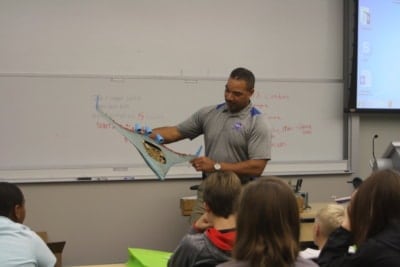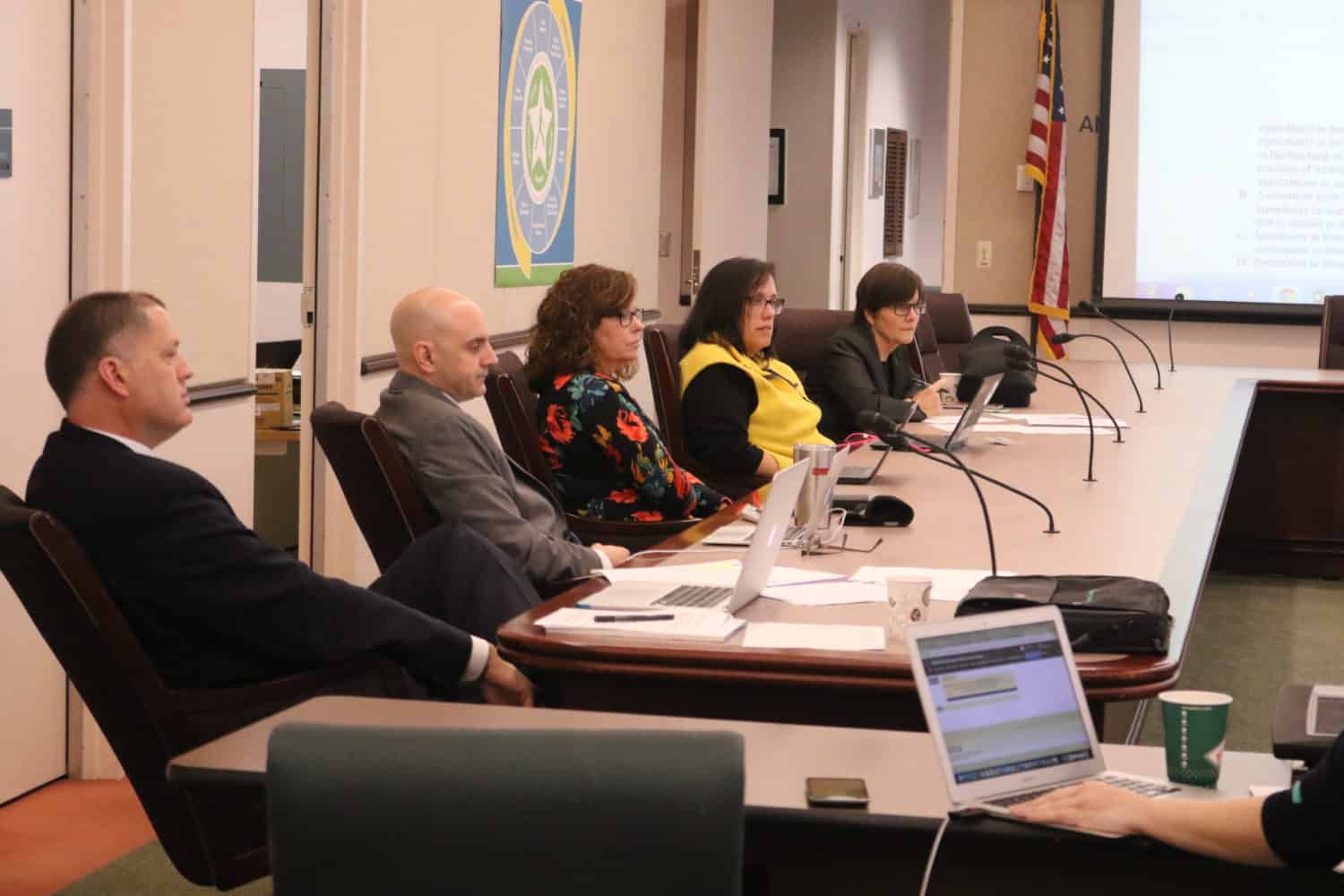Changes are on the horizon for K-12 teacher licensing and preparation in North Carolina as the new Professional Educator Preparation and Standards Commission met last week to pass recommendations on to the State Board of Education.
Chaired by superintendent of Greene County Schools Patrick Miller and composed of different education officials in the state, the commission met Friday to continue the complicated process of standardizing and improving the licensing process for teachers in North Carolina. All four agenda items considered Friday were passed to the State Board of Education, which oversees the commission, with the assumption they would be sent back down the bureaucratic chain for further discussion.
“We should be looking for a process that puts the best people we can in the classroom,” said commission member Sam Houston Jr., president and CEO of the North Carolina Science, Mathematics, and Technology Education Center.
A breakdown of the agenda and the proposed policy changes can be found here. Some of the proposed changes include cutting out redundant language in the requirements, easing the process for extending teacher licenses in the state for Teach for America alumni who decide to stay, and the process for license renewal.
Not all members were present at the meeting Friday and even fewer attended in person. Of the 10 members present — just enough for quorum to vote on recommendations — six were phoned in via teleconference.
Subcommittee updates
Two subcommittees were formed at a commission meeting in November where members argued over what constituted an “adequate coursework in the teaching of reading, writing, and mathematics,” for elementary education teachers. The sticking point is how to measure adequacy and student achievement. This matter was referred to a newly formed subcommittee, that reported back to the commission that they are looking into whether to continue using the Pearson Assessment tests or find a new metric for student success.
This segued into a discussion on who exactly can be a teacher in North Carolina and why certain individuals who might have skills from a previous job, do not necessarily have easier access to an educator’s license.
“What we have to do is say, ‘you show your capabilities to deliver the educational content and here’s how we’re going to measure it,’” Houston said. “Instead it seems like we’re doing this backward: we’re building a licensing process that is hopeful that that is how they’ll perform in the classroom.”
Over the teleconference line, committee member and assistant superintendent of Cabarrus County Schools Glenda Jones shared her own story.
“There are plenty of military veterans who walk into a classroom and, because they’ve commanded a battalion, they think they can command a room of fifth-graders, too,”
The debate laid out a central conflict of revising the licensing process in the state. The State Board of Education sees the licensing processes as a demonstration of capacity of potential educators to reach standards, leaving measuring the efficacy of individuals to local school districts. Some members on the commission would like to see the state take a more active role in gauging the effectiveness of the license in the field.
After briskly moving through the rest of the agenda and sending all proposals for review to the State Board of Education with little disagreements or questions, the commission adjourned until its next standing meeting on March 8. None of the recommendations are binding and are subject to approval of the wider State Board and might be kicked back to the commission for further revisions.
A second subcommittee dealing with Educator Preparation Programs (EPP) and licensure met via conference call on Monday for the first time since the commission formed late last year. The subcommittee discussed EPPs and licensure, but no decisions came out of the meeting.
Editor’s Note: Sam Houston, Jr., serves on the board of EducationNC.
Recommended reading



